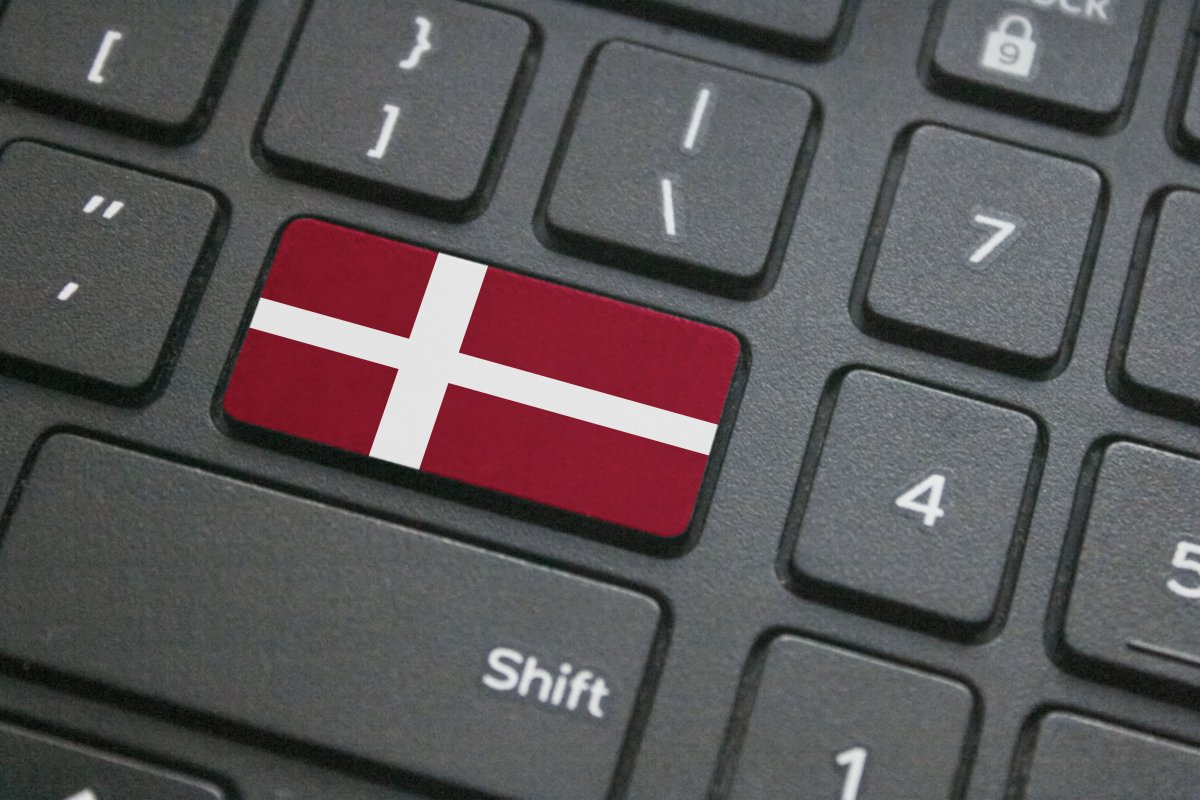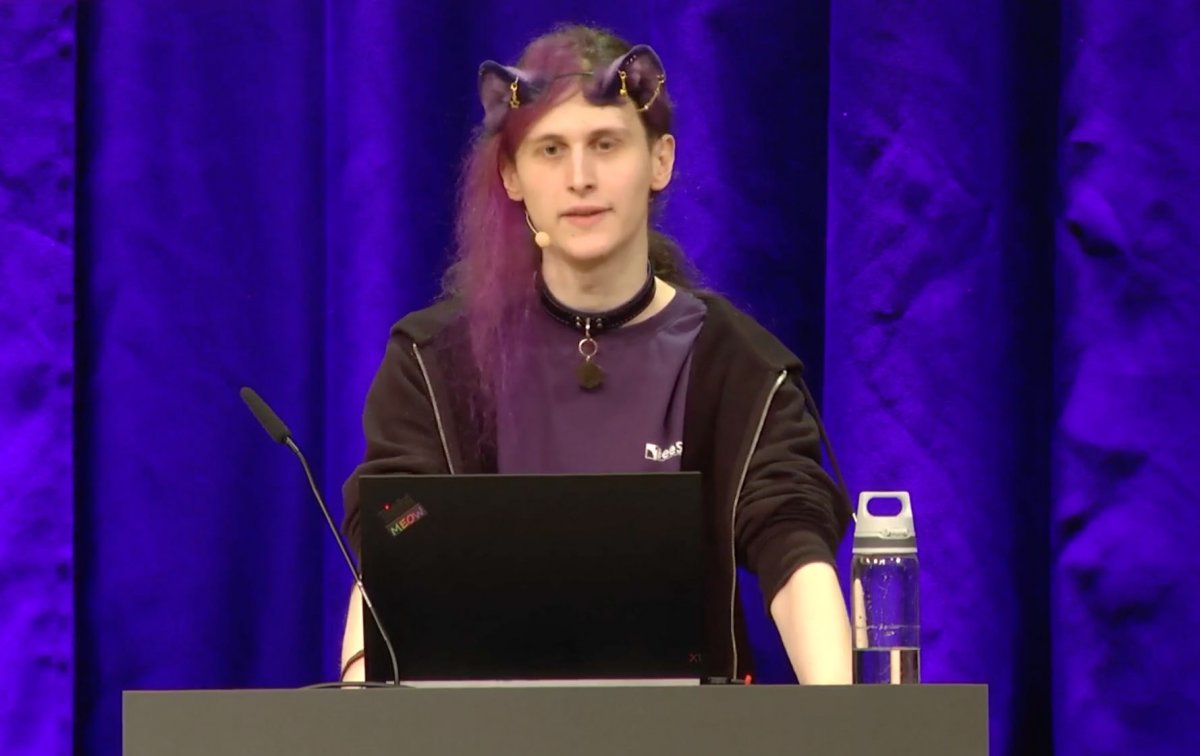Austrian Army Ditches Microsoft Office for LibreOffice: Digital Sovereignty Takes Precedence

The Austrian Armed Forces have completely removed Microsoft Office from 16,000 workstations, switching to the open-source LibreOffice suite. This wasn't a cost-cutting measure, but a strategic decision to strengthen digital sovereignty and IT infrastructure independence, ensuring data is processed internally. Foreseeing Microsoft's cloud shift five years ago, the army initiated a three-year migration, training internal developers and contributing improvements back to the LibreOffice project. While some departments can still apply for Microsoft Office 2024 LTSC, the move highlights the Austrian army's prioritization of data security and autonomy, showcasing a significant contribution to open-source software.
Read more









